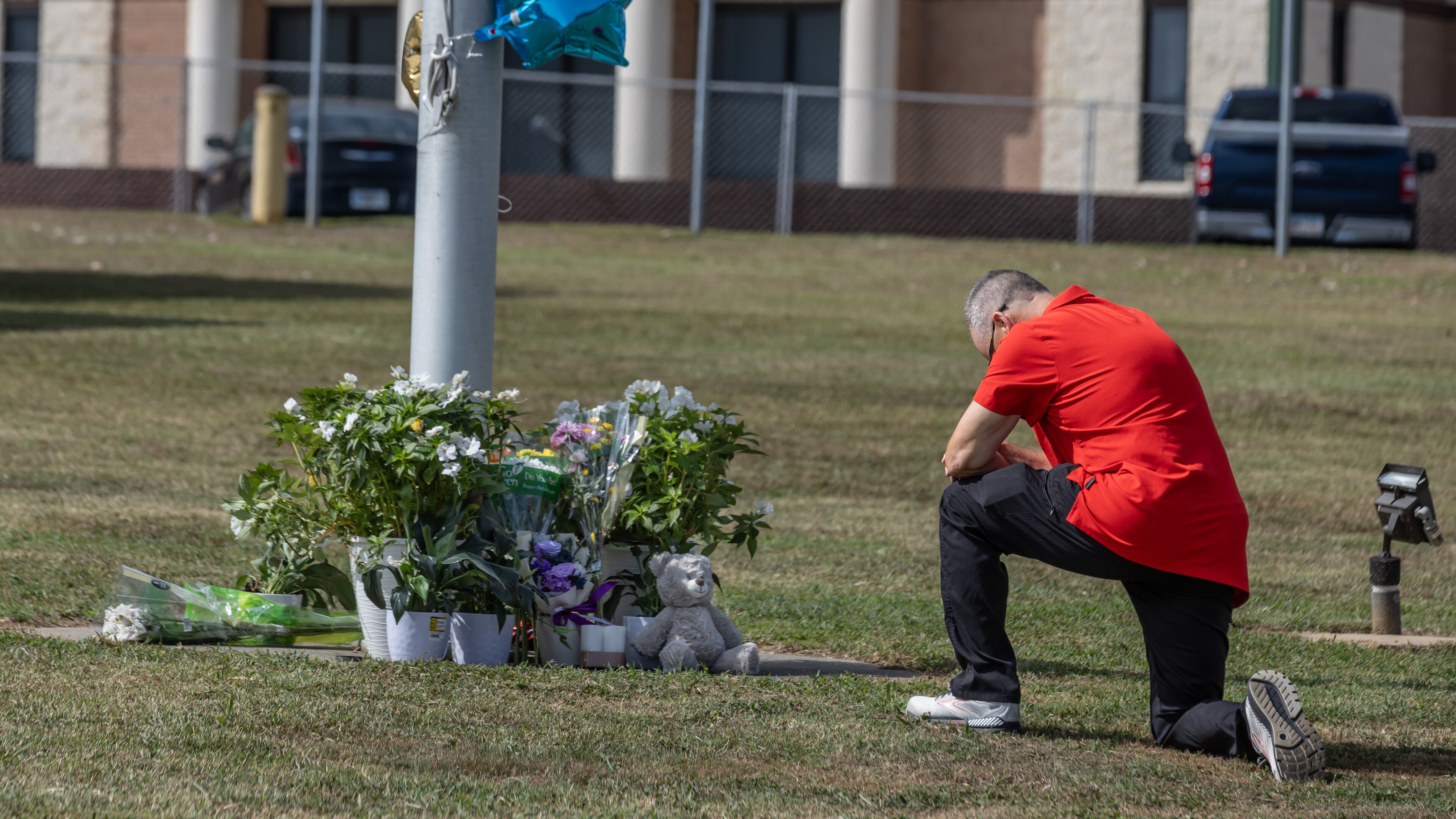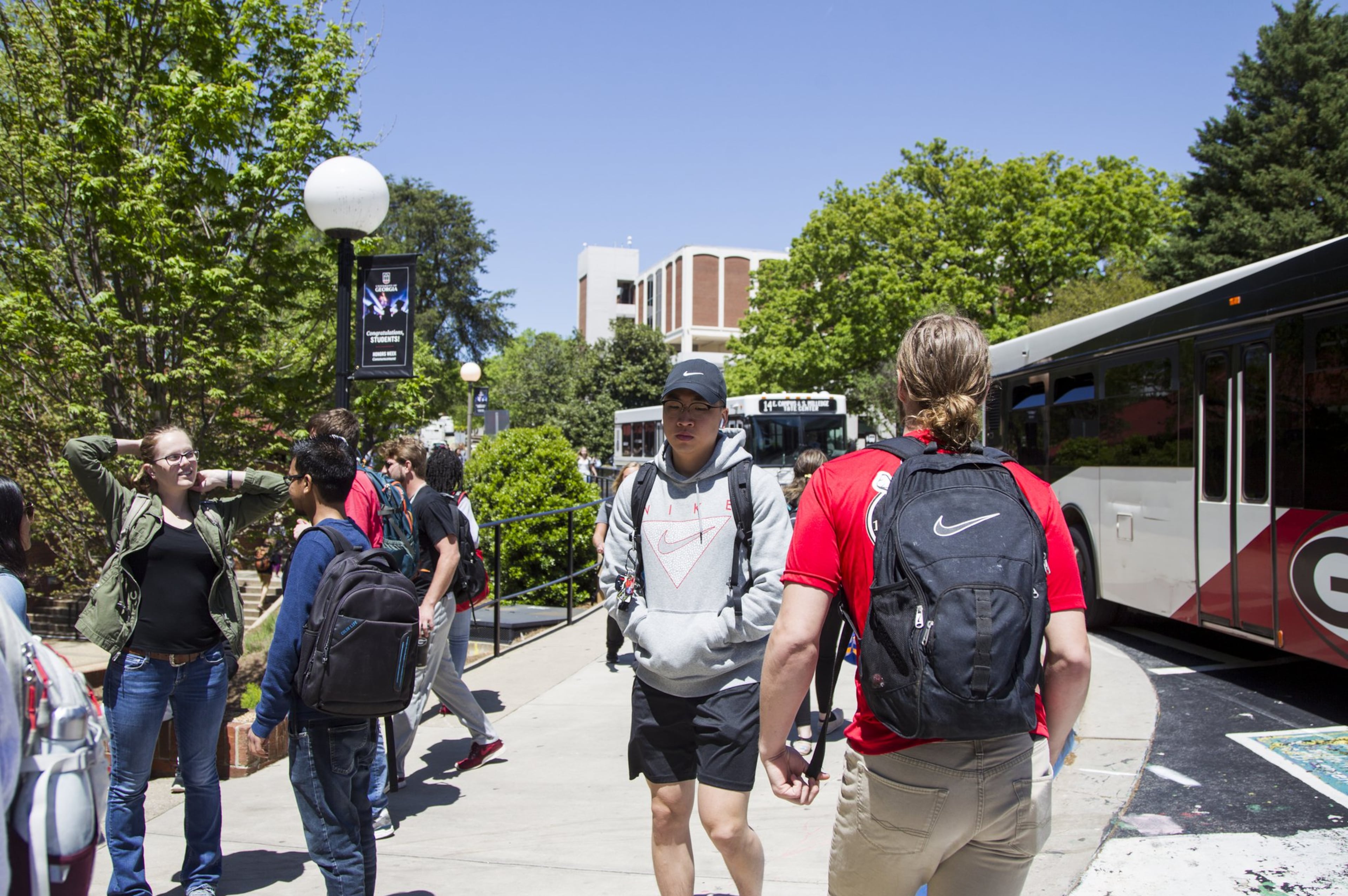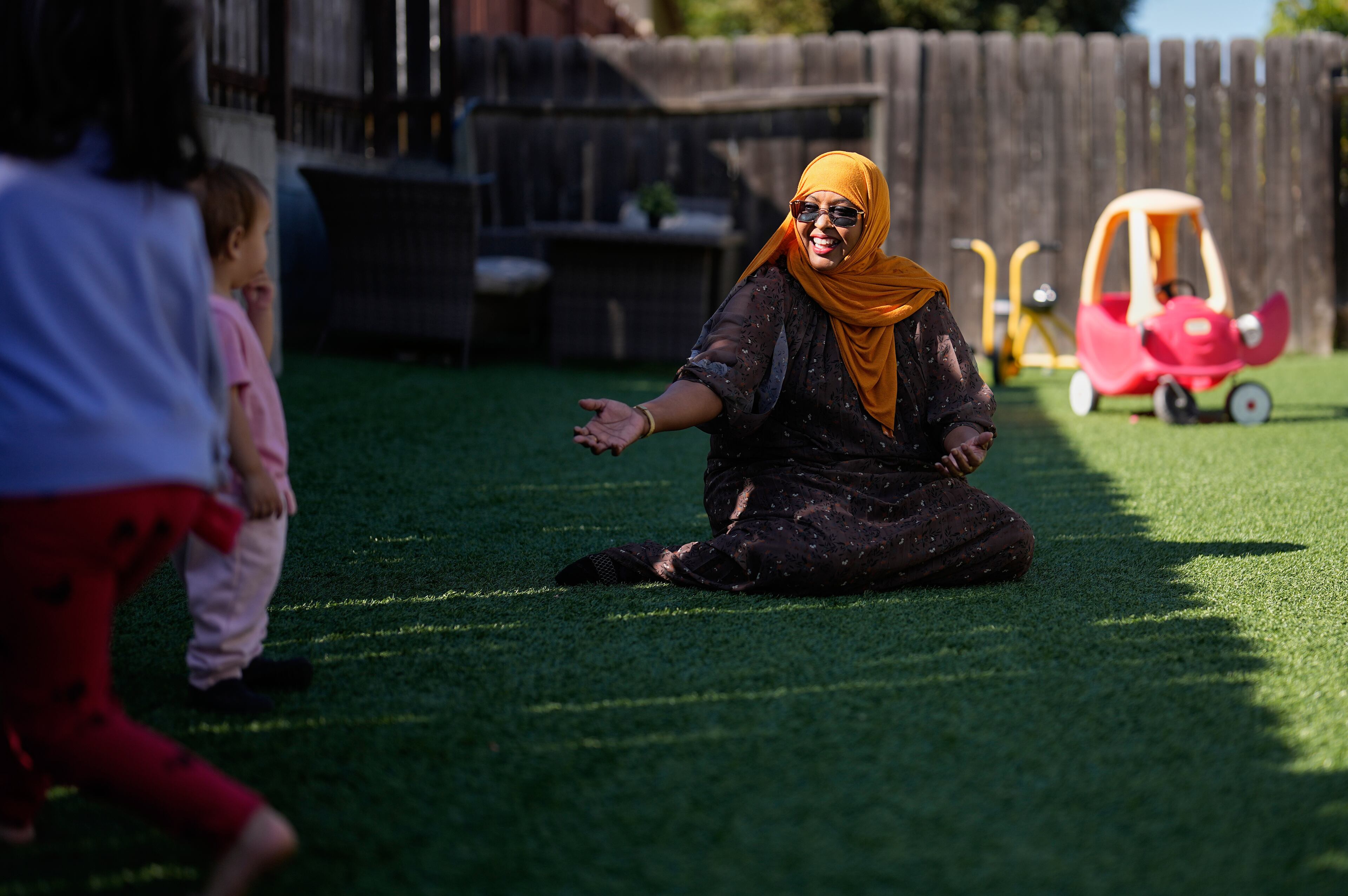Georgia’s cellphone policy gets school safety wrong

On Sept. 4, 2024, my little sister was inside Apalachee High School when an active shooter opened fire. She didn’t call me from her phone. She didn’t text from her own number. She had to borrow another student’s phone just to let us know she was alive.
Her message read: “Layla, it’s real. It’s a shooting. It’s me Sasha. I love you.”
Those are the kinds of texts families should never have to receive.
And now, under Georgia’s new Distraction-Free Education Act, students in K–8 classrooms may not even be allowed to send them.
The intent behind the cellphone ban is to reduce distractions and promote learning which is a valid goal. This policy is being celebrated by people who have never lived through the silence of not knowing if your sibling or loved one is alive, and who clearly don’t understand the full reality of school safety or crisis communication.

That day, I stood outside Apalachee, my alma mater, calling and texting over and over. And when my sister’s message finally came through, it wasn’t from her. She had no access to her phone. Someone else, another frightened teenager, made sure she got to speak to her family taking time away from their own loved ones.
We don’t need theories or hypotheticals. We have our lived experiences. Phones weren’t a distraction that day. They were a lifeline.
Yes, phones can interrupt class. A 2024 Pew Research study found that 72% of high school teachers say phones are a major problem in classrooms. That’s real. But so is the fact that teachers also acknowledged phones are essential for emergency communication especially when schools can’t provide timely updates.
During the Apalachee shooting, families were left in the dark. Students’ phones became the only way parents could find out where their children were, if they were OK, and if they were alive.
A 2024 National Parents Union survey showed parents believe their children should have access to a phone during school for emergencies. That’s not just a number; that’s nearly every parent. They want balance, not bans.
Meanwhile, while Georgia rushes to restrict student phones, it has no statewide law requiring gun owners to lock up their firearms even when children are in the home. Our leaders are banning phones from backpacks, but not requiring guns to be locked away.
According to Sandy Hook Promise, 75% of school shooters get their guns from home or a relative’s home. The U.S. Secret Service reports similar findings in its threat assessments of school violence.
Other states, including Texas, have laws holding gun owners accountable if a child accesses a firearm due to negligence. In Texas, that can be a misdemeanor or felony. Georgia? Nothing. If Texas can pass a law to punish irresponsible gun owners, why can’t Georgia? Is it that unfathomable for Democrats and Republicans to work together to achieve common sense gun safety legislation after the state’s most deadly school shooting?
Research backs up safe storage laws: a JAMA Pediatrics study found that they are associated with a 13% drop in youth firearm deaths. That includes homicides, suicides and unintentional shootings.
We know how to reduce gun violence. But instead of holding adults accountable, we’re restricting the communication tools of children. Just putting a Band-Aid on a severed wound.
After the tragedy at Apalachee, I founded Change for Chee to honor the lives of Christian Angulo, Mason Schermerhorn, Cristina Irimie, and Richard Aspinwall to demand real, layered safety in schools to change the culture and laws to prevent another community from feeling and experiencing what we have lived through.
We’ve seen some progress, like the passage of “Ricky and Alyssa’s Law,” which mandates panic button systems and emergency planning. But it’s not enough. Our safety strategy cannot end at reaction, and I hope we have more in the pipeline.
We need weapons detection systems, mental health support, a student threat database, and yes, safe storage laws with real consequences written with specific language.
And we need balanced phone policies that teach digital responsibility without robbing students of the one thing that may keep them connected in a crisis.
Lockdowns don’t come with a warning bell. A mass casualty crisis doesn’t come with an instruction label. Kids don’t have time to go to their lockers and retrieve their phones. Kids don’t have time to unlock their phone jails. In a moment of terror, seconds matter. That borrowed phone may have given me my sister’s last words. This new law could’ve cost it.
The Georgia cellphone ban is a surface-level fix that ignores deeper truths. It assumes that structure equals safety, that silence means focus, and that removing phones will remove chaos.
But phones didn’t cause chaos on Sept. 4. They brought connection, clarity, and comfort in one of the most uncertain moments of my life and to many others.
So let’s stop pretending that real school safety can be legislated with “catch all” bans.
Let’s instead legislate accountability. Let’s invest in prevention. Let’s protect our kids with policies that reflect the world they actually live in and not the one some adults wish still existed.
And most importantly, let’s listen to the students, families and survivors who have lived this.
Because if the voices of kids texting “I love you” during a shooting aren’t enough to get our priorities straight, what will be?
Layla Renee Contreras is the lead organizer of Change for Chee, an advocacy group focused on school system and statewide safety policies following the Sept. 4, 2024, mass shooting at Apalachee High School in Barrow County.


